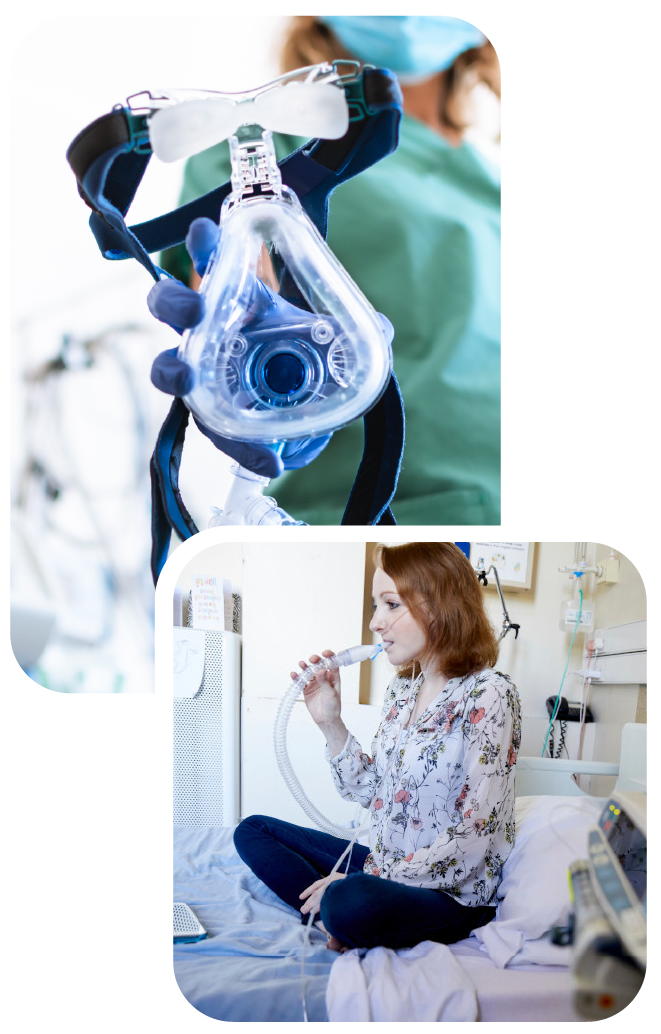About Cystic Fibrosis (CF)
Common Pathogens in Cystic Fibrosis
The common pulmonary pathogens in CF are Pseudomonas aeruginosa (chronic and intermittent), Burkholderia cepacia complex, non-tuberculosis mycobacteria such as Mycobacterium abscessus, Haemophilus influenzae, methicillin resistance Staphylococcus aureus well as Aspergillus species. In children, Staphylococcus aureus is also a problem.
CF differs from other diseases of AMR for a number of reasons, including:
- CF bacteria form biofilms in the lung, which, together with the thick mucus accumulating in the lung, make antimicrobial penetration very difficult
- Two disease states exist: chronic and acute (with periodic flare-ups or exacerbations), and both require different treatment strategies
- The adaptation of microbes to the unique host environment creates a disconnect between antimicrobial susceptibility testing (data produced in the lab) and clinical outcomes (what is seen in patients) – necessitating the use of clinical strains for antimicrobial development

Why does CF represent a useful disease model for other respiratory conditions involving lung infections?
The CF academic community have an extensive understanding of the pathophysiology of pulmonary infections in CF. They have developed vital assets and knowledge that can help drive through discovery in this space.CF is an ideal exemplar for other respiratory conditions, which lead to lung infections, with a data-rich, longitudinal patient registry hosted by the Trust. At CF AMR Syndicate, we have seen that the Trust has invested in academic and biotech innovation, enabling the latest cutting-edge genomics and analytical technologies. They are designed to identify key intervention points and understand the development of resistance and virulence.
The Trust also funds the Clinical Trials Accelerator Platform (CTAP), a UK-wide network of trial coordinators with the remit to promote access to and speed up the process of clinical trials. This provides the ideal platform to rapidly test the effectiveness of new antimicrobials in people affected by CF.


